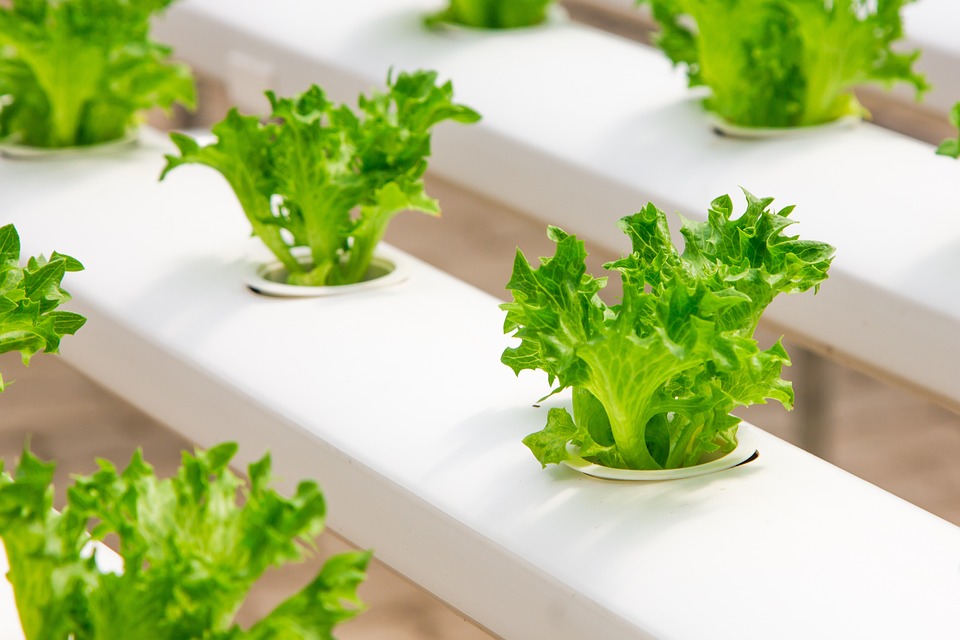Introduction
Indoor gardening has experienced a revolution with the rise of home hydroponic gardens. Gone are the days when individuals had to rely solely on outdoor space and favorable climates to grow their own plants. With hydroponic systems, anyone can cultivate a wide variety of plants in the comfort of their own home, regardless of the outside conditions. The popularity of these indoor gardens has soared over the past few years, as more people discover the benefits and convenience they offer.
The Hydroponic Concept
Hydroponics is a method of growing plants without soil, with the roots instead immersed in a nutrient-rich water solution. This innovative technique allows plants to receive the necessary nutrients directly through the water, eliminating the need for soil as a medium. Plants grown hydroponically tend to grow faster, yield higher produce, and require less water compared to traditional soil-based cultivation. The controlled environment of hydroponic systems also enables gardeners to have complete control over temperature, humidity, and light conditions.
Benefits of Home Hydroponic Gardens
Home hydroponic gardens have several advantages over traditional outdoor gardening, making them an attractive option for many plant enthusiasts:
- Suitable for any location: Hydroponic systems can be set up in any space within your home. Whether you have a spare room, a balcony, or even just a small corner, you can create a thriving indoor garden that fits your available space.
- Year-round cultivation: With hydroponics, you can grow plants throughout the year, regardless of the season or climate. This allows you to enjoy fresh herbs, vegetables, and fruits consistently, even in winter.
- Higher crop yield: Hydroponic gardens enable plants to receive an optimal balance of nutrients, resulting in faster and healthier growth. This increased efficiency often leads to higher crop yields compared to traditional gardening methods.
- Water conservation: Unlike traditional gardening, hydroponic systems are designed to recirculate water, significantly reducing water waste. These systems require only a fraction of the water needed for soil-based gardening, making them more environmentally friendly.
- No soil-borne diseases: Growing plants without soil eliminates the risk of soil-borne pests and diseases. This reduces the need for pesticides and fungicides, creating a safer and healthier environment for both the plants and the gardener.
Getting Started with Home Hydroponics
Starting your own home hydroponic garden is easier than you might think. Here are a few key steps to help you get started:
- Choose a hydroponic system: There are various types of hydroponic systems available, such as deep water culture, nutrient film technique, and ebb and flow. Research and select the system that best suits your needs and available space.
- Select the plants: Decide which plants you want to grow. Leafy greens, herbs, and small fruits like tomatoes and strawberries are popular choices for indoor gardens.
- Set up the environment: Ensure your hydroponic garden has the necessary lighting, temperature, and humidity controls. LED grow lights are ideal for providing the required light spectrum to support plant growth.
- Monitor and maintain: Regularly monitor the nutrient levels, pH balance, and water quality in your system. Adjust these factors as needed to ensure optimal plant growth.
- Harvest and enjoy: In a matter of weeks, you’ll be able to harvest your homegrown produce and savor the satisfaction of enjoying fresh, nutritious food you’ve grown right at home.
FAQs
Q: Do hydroponic systems require a lot of maintenance?
A: Hydroponic systems require regular monitoring of nutrient levels, pH balance, and water quality, but they generally require less maintenance than traditional gardening. Once you have set up your system and established a routine, maintenance becomes straightforward and manageable.
Q: Can I grow all types of plants hydroponically?
A: While most plants can be grown hydroponically, some are better suited than others. Leafy greens, herbs, and small fruiting plants tend to thrive in hydroponic environments. Large fruiting plants, such as watermelons or pumpkins, might be more challenging due to their size and resource requirements.
Q: Are hydroponic gardens expensive to set up?
A: The cost of setting up a hydroponic garden can vary depending on the size, complexity, and the type of system chosen. However, there are options available to fit various budgets. Many gardening enthusiasts also choose to build their own DIY hydroponic systems to save money.
Q: Is it possible to grow organic plants using hydroponics?
A: Yes, it is possible to grow organic plants using hydroponics. By selecting organic nutrients and following organic practices, you can grow plants without the use of synthetic chemicals or pesticides. Keep in mind that organic hydroponics does require greater attention to nutrient quality and system cleanliness.




